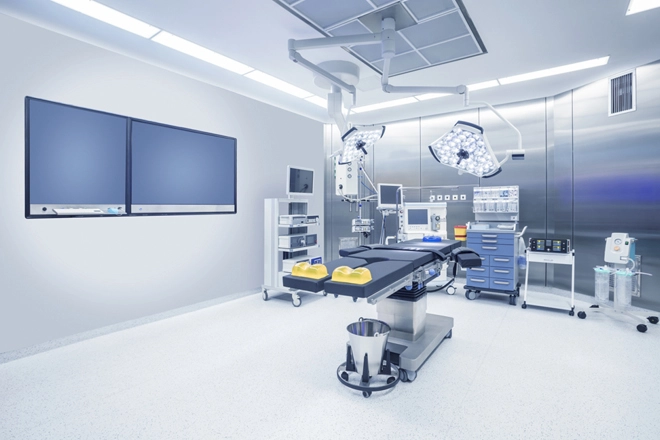

Cooling fans play a crucial role in the operation of medical equipment, ensuring devices operate within safe temperature ranges to deliver accurate and reliable performance. From MRI machines to laboratory centrifuges, the demand for efficient and reliable cooling solutions is paramount in the healthcare industry. These fans help in dissipating heat generated by the equipment, thereby prolonging the lifespan of the devices and ensuring patient safety.
Axial fans are commonly used in medical equipment due to their ability to move a significant volume of air across components. They are ideal for applications requiring high airflow, making them suitable for cooling large medical devices. Their compact design allows for easy integration into various medical instruments without significantly increasing the overall size of the equipment.
Centrifugal fans offer a different approach to cooling, focusing on moving air radially, which is beneficial for equipment requiring high-pressure airflow. These fans are often used in situations where the cooling air needs to be directed through ducts or where space constraints within the medical device necessitate a more focused airflow.
Blower fans are another option, providing directed airflow through a specific path, which is useful for cooling localized hotspots within medical equipment. Their ability to provide targeted cooling makes them an excellent choice for intricate medical devices with complex internal structures.

Cooling fans are essential for maintaining the operational integrity and safety of medical equipment. By effectively managing the heat generated during the operation of these devices, cooling fans help in reducing the risk of overheating, which can lead to equipment failure or, worse, compromise patient safety. Furthermore, efficient cooling contributes to the longevity of the equipment, reducing downtime and maintenance costs, and ensuring that healthcare facilities can provide uninterrupted services.
In conclusion, cooling fans are a vital component of medical equipment, offering a range of solutions tailored to meet the specific cooling needs of various devices. Their role in ensuring the safe, reliable, and efficient operation of medical technology cannot be overstated, highlighting the importance of selecting the right type of fan for each application.